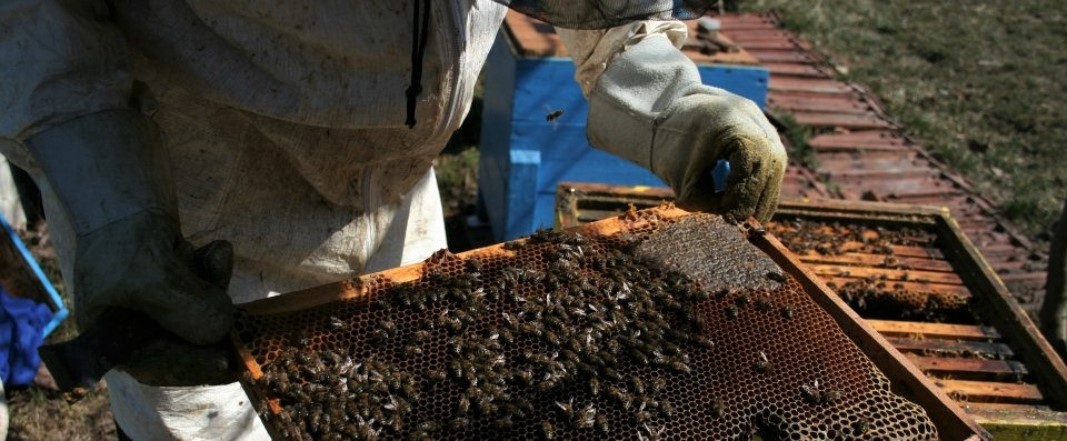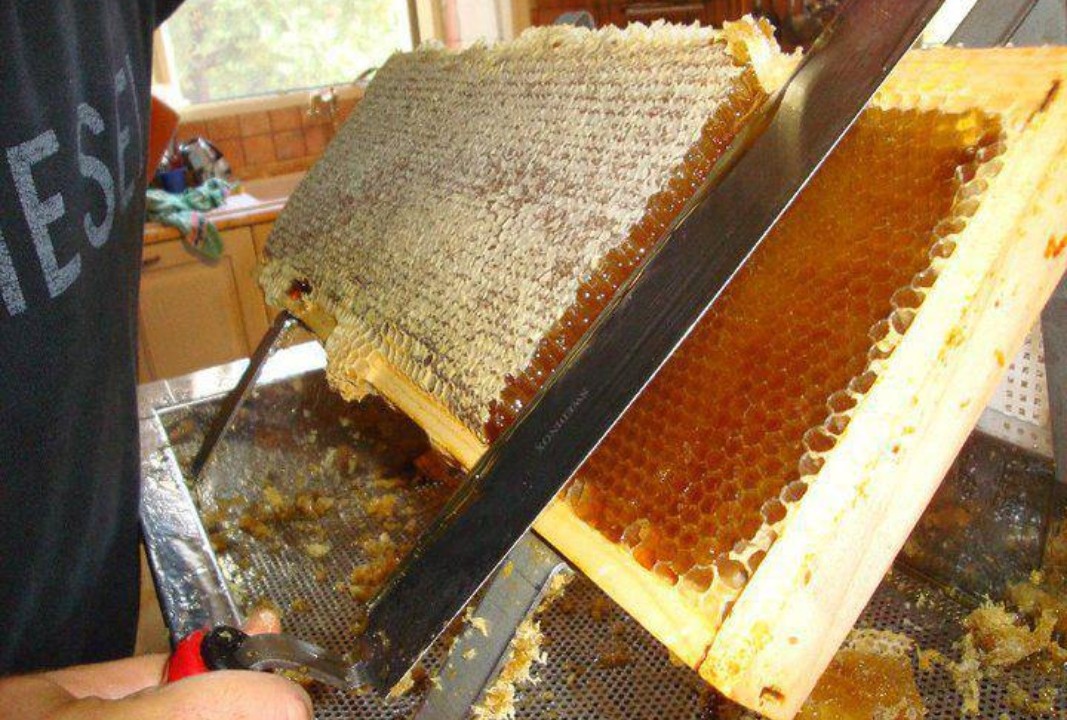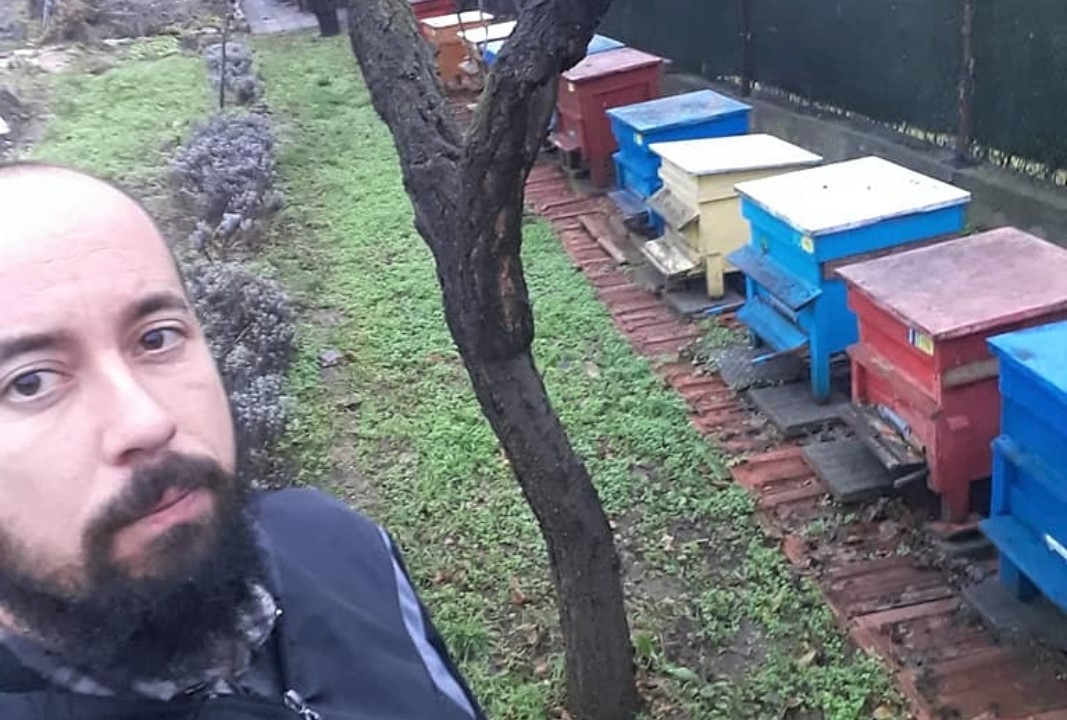The number of Bulgarians who devote themselves to beekeeping has decreased recently, because apiculture in this country is in a deep crisis. On February 10, when we honor the memory of Great Martyr Charalambos the Wonder Worker who is regarded the patron saint of bees and apiarists, we are trying to get to the root of the problem. On one hand, the uncontrolled use of pesticides leads to depletion of the honeybee population. On the other hand, the people employed in this sector need serious financial assistance and a state policy that treats beekeeping as a priority.
Last year, beekeepers in Bulgaria once again faced these problems, which continue to deepen:

“2020 was a very bad year for apiculture, which was due to at least two reasons- notes beekeeper Yavor Kirilov who inherited this business from his grandfather. - On one hand, this was due to the meteorological conditions. The spring was quite dry and the summer was cooler than normal. These two factors affected honey harvesting a lot. Secondly, the price of Bulgarian honey dwindled due to the import of duty-free honey from China and Ukraine. Moreover, this product sell on the local market as Bulgarian honey, which is ridiculous. Thirdly, the wholesale price of honey ranges from EUR 1.75 to EUR 2 per kilogram and the retail price of the product in Bulgaria fluctuates between EUR 4 and 7.50 per kilo.”

In Yavor’s view, the imports of honey from non-EU countries such as Ukraine and China can be restricted and these products should not benefit from the preferences of the EU market.
There is certain exception for Ukraine, because the European Union pursues a policy of supporting the Ukrainian economy. Beekeepers in Bulgaria are facing another significant problem related to the forthcoming amendments to the ordinance concerning the direct supply of small quantities of raw materials or food of animal origin.

“According to the amendments, beekeepers will able to sell their honey only in the area in which their apiary is registered. In other words, if you want to buy some Strandzha manna honey, you will no longer be able to get a delivery and have to travel all the way to this Bulgarian region to buy it. According to the same ordinance, each apiarist is allowed to sell up to 2 tons of honey per year only.”
The-high quality Bulgarian honey sells extremely well on the European market. Its unique taste and quality is due to the wide variety of herbs that grow in Bulgaria. Beekeeping has existed in Bulgaria for centuries. However, the attempts to change the existing conditions for production and marketing of honey and apiculture products have impeded the development of this subsector. That is why beekeeping is rather becoming a hobby, which allows apiarists to earn some extra money.

English version: Kostadin Atanasov
Photos: Facebook / Yavor KirilovThree-time world champion and Olympic weightlifter Carlos Nasar will be holding a special event with the Bulgarian community in London on 23 November. According to the organisers, it will be an open conversation in which Nasar will discuss his journey..
On 16 November, we celebrate Caritas Day, when we honour the Catholic Church’s charity organisation that brings hope to those in need through care and acts of mercy . It reminds us that financial gain is not what matters most. What truly matters is..
The first museum of investment gold is welcoming visitors in Plovdiv who want to learn more about the history of money and its connection to gold – from the birth of gold, its cosmic origin, and its journey to Earth, to how this precious metal has..

+359 2 9336 661
